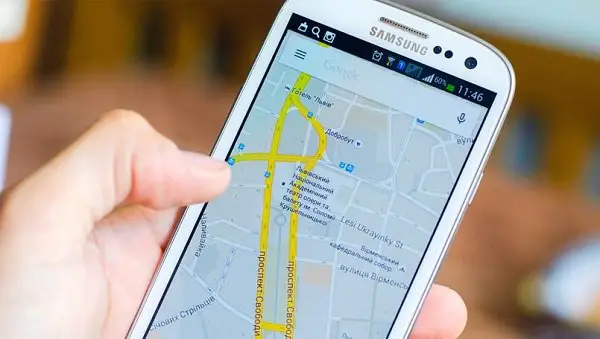Smartphones are synonymous with our modern lives. They have become the centerpiece of all our quest for information, social media hopping, and day-to-day shopping needs. As phones become smarter and the Internet speeds faster, they are fast becoming irreplaceable. Smartphones now define digital identity and businesses’ presence worldwide.
Android phones have gained popularity due to their affordability, advanced features, and multiple hardware options to choose from many manufacturers.
Importance of Android Security
In 2020 alone, there were 1.38 billion smartphones sold to end customers. Amongst them, around 72.18% are Android devices. Such a huge number makes it lucrative for hackers and cybercriminals to find ways to gain access to your sensitive data and bank details through your phone.
This fact makes it vital to secure your Android devices from any cyber-attack attempts and protect your data.
Ways to Improve Android Security
To ensure your Android device is always secured, follow the security tips below:
1. Use Screen Locks
All of the Android devices now offer various authentication methods to prevent unauthorized access to your phone. These include setting a numeric passcode, dot-based patterns, biometric authentication methods like fingerprints, irises, and facial recognition unlock. Use any method that you find comfortable to secure your device from physical device access attempts.
2. Utilize Two-Factor (2FA) authentication
2FA is one of the latest ways of securing your sensitive accounts from cybercriminals. This method uses a second channel for additional verification and the primary method for granting access to the user. The most common second channel used is an OTP or One-Time-Password over email or mobile number.
This way, even if your primary credentials are compromised in any way, anyone trying to gain access to your data would not be able to do it without crossing the more secure second barricade.
Turn on the “Find My Device”
It is one of the best-underused features of Android devices. When you take time to set this up on your device, it is extremely useful when you might lose your phone or, in the worst case, if your device gets stolen.
You can easily locate your device on maps or wipe it off remotely when configured on your Android device.
4. Use an Antivirus
All Android devices have a built-in Google Play Protect feature that keeps an eye on typical malware infestations on your device. Yet, installing antivirus will only enhance this protection and strengthen your Android security against any advanced Malware.
Some of our recommended and affordable Android antivirus programs include Bitdefender Mobile Security for Android, Norton Mobile Security, Avast Mobile Security, McAfee Mobile Security, amongst others.
5. Use a VPN
Mobile data can be expensive to use at all times. It is the primary reason many of us are on the lookout for free public Wi-Fi hotspots in cafes, airports, or other public places.
However, these Wi-Fi networks can be dangerous since anyone on those networks can easily access any data on your devices. VPNs add an additional security layer to your internet connection, so it makes total sense that you would like to have one on your device.
After all, we all heavily rely on our mobile devices for staying connected with the world, be it via email, social media, or simply messaging people around us. Even when not using public Wi-Fi networks, using a VPN is good to measure enhanced device security.
6. Keep your Android up-to-date
Now, almost all of the leading Android phone manufacturers offer monthly security patches to their devices. It ensures that any known vulnerabilities in the Android OS will be patched. Make sure that you install these patches every month or as they arrive on your device. It is one of the best ways to ensure that hackers and malware won’t attack your device through any loopholes in your operating system.
7. Download applications only from PlayStore or through trusted portals
Android system allows you to download applications from third-party sites only when you disable this option from the Settings. However, beware that installing apps that aren’t listed on PlayStore can be risky. Google has thoroughly scrutinized applications that are listed on PlayStore for security issues and vulnerabilities. When you download an app from any third-party site, the safety of that app is not guaranteed by Google.
8. Keep a check on App permissions
All Android apps now require the user to grant permission to any additional resource they want to access on their smartphone. Typical permissions include access to mic, gallery, camera, GPS location, and more. Keep checking which permissions apps want and grant only the ones you verify essential for the app’s functioning. Some apps would be acquiring additional permissions to spy or collect sensitive data from you when you are unaware & sell them to advertisers for revenue generation.
9. Regular Backups
Our phones now hold crucial data within them, from photos to calendar events to notes and messages. In the worst case that you lose your phone or get stolen, data backups ensure you have all your data safely.
Regularly backing up your Android device will also be beneficial if you want to restore your smartphone to a new device as you can easily retrieve your old data.
Conclusion
Life without Smartphones is now virtually impossible to imagine. Also, due to its massive scale, cybercrimes related to smartphones would rise shortly. Following these tips and making them a habit will ensure that your device will always be protected from most of the cyber attack attempts & making your Android device more secure to use.








